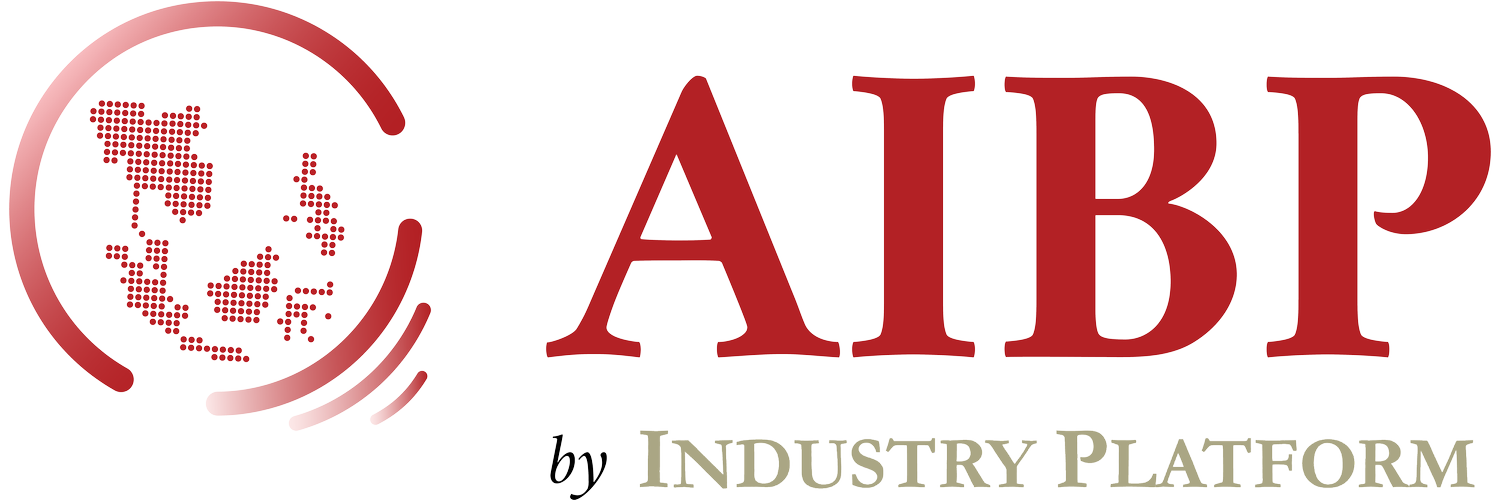Technological Revolution: Reimagining Insurance in the AI Age
The Philippine insurance industry is at a pivotal moment, where digital transformation is no longer optional but essential. While insurers increasingly recognise the need to modernise, many are still hindered by outdated IT systems, fragmented data and complex organisational structures that impede innovation. The challenge now is clear: How can insurers balance operational efficiency with the personal touch essential for trust and customer loyalty?
The Challenge of Digital Transformation
According to the 2024 ASEAN Enterprise Innovation Survey, 40.6% of enterprises in the Philippines cite legacy IT infrastructure as a key challenge to digital transformation which is above ASEAN average. This statistic coincides with investments enterprises are planning to take at a whopping 73.7% on Artificial Intelligence & Machine Learning. These figures highlight the fundamental barriers insurers must address to achieve true digital integration. This intersection of legacy challenges and forward-looking investments underscores the urgency for strategic, well-planned digital initiatives that address the root causes of inefficiency. The need for change is clear, but the path forward requires careful navigation.
Recognising these challenges, a recent AIBP discussion, co-hosted with Comarch, convened leading insurance executives from the Philippines to explore strategies for enhancing customer experience and operational agility through digital innovation.
Key themes that emerged include:
A Region Poised for Growth
AI Integration and Digital Transformation
The Evolution of Technology in Insurance
A Region Poised for Growth
Insurance in Southeast Asia holds immense growth potential. Markets such as Singapore and Malaysia currently exhibit higher insurance penetration rates, yet significant expansion opportunities remain in the Philippines, Vietnam, and Indonesia. While the ASEAN region has experienced a robust 15% increase in insurance penetration from 2023 to 2024, the Philippines has demonstrated even stronger growth, with a remarkable 30% increase, according to Insurance Asia, presenting a significant opportunity for insurers to capitalise on this momentum.
While digital transformation presents immense opportunities, regional challenges remain a key consideration. Southeast Asia’s diverse landscape particularly in island nations like the Philippines poses logistical hurdles that require localised strategies. Unlike western markets with more centralised infrastructure, insurers in this region must navigate fragmented geographies, varying levels of digital adoption, and differing economic maturity. There needs to be a balance between the benefits of global IT solutions with the specific requirements of the Philippine market. While regional centers and standardised systems can offer cost efficiencies and streamlined processes, they may not always be ideally suited to the nuances of the local landscape. The Philippines, with its unique geography, cultural factors, and varying levels of digital literacy, requires tailored solutions that address these specific challenges.
AI Integration and Digital Transformation
AI emerged as a central theme throughout the discussion. From fraud detection to customer engagement and claims processing, AI is seen as a game-changer for operational efficiency and customer service. However, its adoption comes with challenges. Legacy systems, data quality issues and readiness to realise AI’s full potential were recurring concerns. AIBP’s report shows that 75.8% of ASEAN enterprises believe they need to spend moderate to significant amounts of investment just to keep pace with competition. Given the significant investment required, insurers must carefully evaluate their data infrastructure and talent pool to ensure they are truly prepared to utilise AI effectively.
The questions raised were, "How do organisations plan to benefit from leveraging AI?", and "Are these investments yielding tangible benefits?". It's not just about acquiring the latest AI technologies; It is about cultivating a culture of innovation, investing in the right talent, and ensuring that AI initiatives align with broader business objectives and ethical considerations.
Resistance to digital tools among both agents and customers can hinder the successful implementation of new technologies. Agents may fear the loss of personal relationships, while customers may lack the necessary digital skills or trust in online platforms. To overcome these barriers, insurers must prioritise comprehensive training programs, user-friendly interfaces, robust security measures, and personalised support channels. Emphasising how digital tools can enhance, rather than replace, human interaction is crucial.
The Evolution of Technology in Insurance
Technology’s role in insurance has evolved over time. Two decades ago, IT investments were minimal, accounting for just 10-12% of budgets. But today they have become indispensable for driving revenue growth, operational efficiency and better customer service. Severinus Hermans Former CEO of Singlife, AXA and ING shared "Technology is going to be more and more important to do your business. You want additional revenue, operational efficiency and better customer service all of which require reviewing processes and adopting new technology." He pointed out how the market has shifted.
This technological shift is especially critical in the Philippines. With a substantial segment of the population actively seeking and needing new insurance products, insurers must proactively leverage technology. Today, the goal is no longer to maintain the status quo; it is to anticipate change, harness digital innovation, and consistently meet evolving customer demands.
Conclusion
To unlock the potential of insurance in the Philippines, insurers must embrace AI and data analytics while addressing local market nuances through tailored solutions. Collaboration between insurers and technology providers will be key to overcoming challenges such as legacy systems and ensuring seamless digital transformation. In the Philippines, technology adoption alone is not enough; success lies in redefining customer value through strategic partnerships, innovation, and a keen understanding of local market dynamics.
With double-digit growth projections for markets like the Philippines and increasing investment in AI across ASEAN enterprises, the path forward is full of opportunities for those ready to innovate.
You may be interested in a podcast episode with Ocean Life Insurance (Thailand) CEO: Discusses growth strategies & the role of ESG. Globe Group (Philippines) Chief AI Officer: Highlights tailoring AI solutions to address unique challenges faced by portfolio companies.
If you are interested to be involved or participate in our upcoming activities, do drop us a note at aibp@industry-platform.com


